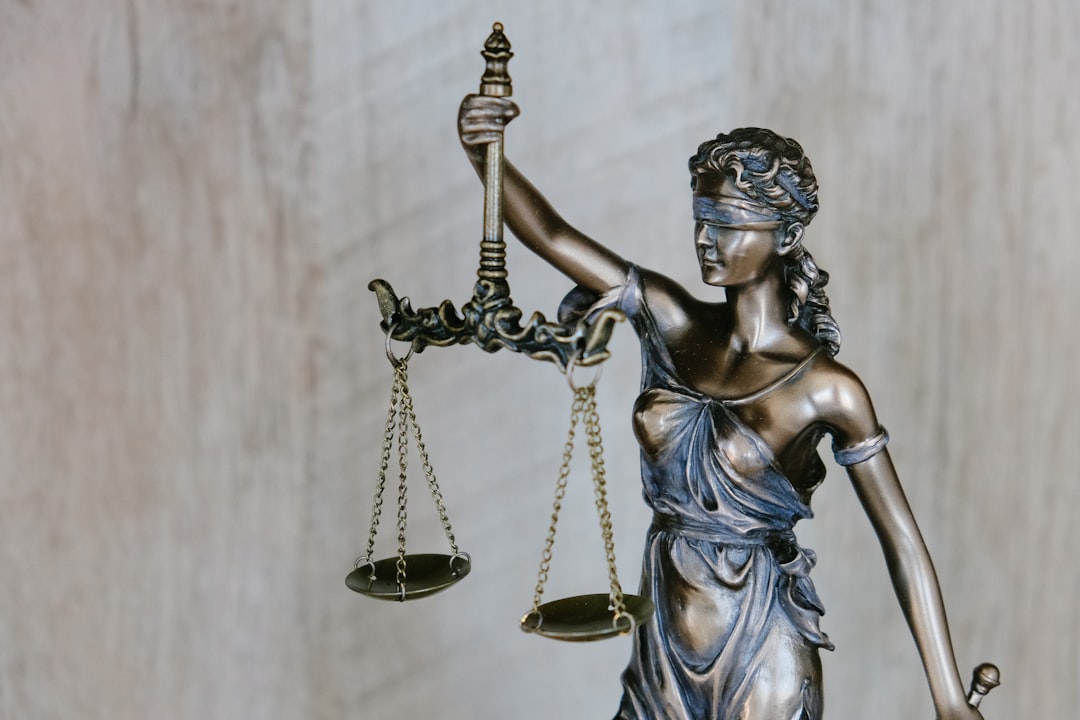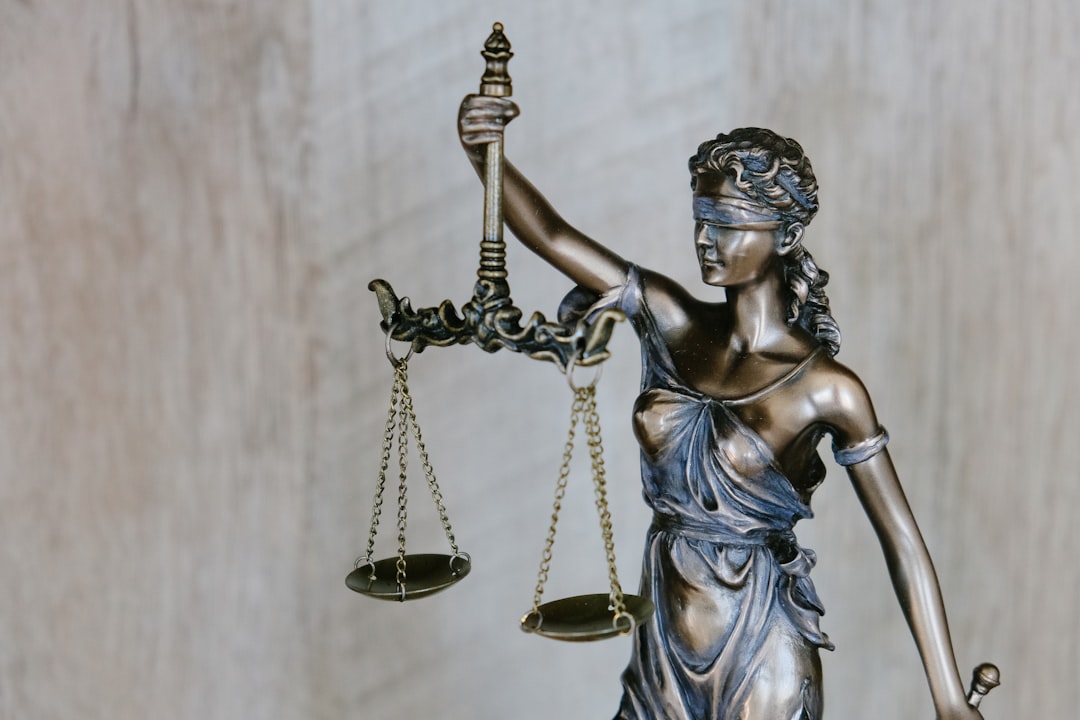Sexual assault attorneys in Connecticut are vital for protecting survivors from further harm through court-issued protective orders. They guide victims in navigating legal processes, gathering evidence, and advocating for fair treatment, ensuring immediate safety and justice for sexual assault survivors in New Haven and across the state.
In New Haven, Connecticut, protective orders play a pivotal role in addressing sexual assault cases. These legal tools equip survivors with the power to safeguard themselves against further abuse by establishing clear boundaries and enforceable restrictions. This article delves into the intricate world of protective orders in Connecticut, explaining their significance, the steps to obtain one, and the crucial role sexual assault attorneys play in these sensitive cases. By understanding these dynamics, communities can better support survivors and foster a safer environment.
Understanding Protective Orders in Connecticut

In Connecticut, protective orders play a crucial role in ensuring safety and justice for survivors of sexual assault. These court-issued orders are designed to prevent further harassment, abuse, or contact between the victim and the accused. Often sought by sexual assault attorneys in Connecticut, protective orders can bar the offender from contacting, threatening, or assaulting the victim directly or indirectly. They can also mandate specific distances the offender must keep away from the victim’s home, school, or workplace.
Protective orders are a vital tool in navigating the legal system for sexual assault cases in New Haven and across Connecticut. They provide immediate and tangible safety measures, offering victims peace of mind and empowering them to pursue justice against their assailants. Sexual assault attorneys in Connecticut help survivors navigate this process, ensuring that protective orders are obtained promptly and effectively enforced.
The Process of Obtaining a Protective Order

In New Haven, Connecticut, individuals who have experienced sexual assault can seek legal protection by obtaining a protective order. The process begins with consulting a qualified sexual assault attorney who specializes in such cases. These attorneys guide victims through the legal system and help them file a petition for a restraining order or protective order in the appropriate court. During this initial phase, victims may also need to provide evidence of the assault, such as medical records or police reports.
Once the petition is filed, a judge will review the case and determine whether there is sufficient cause to issue a temporary protective order. If granted, this order mandates that the accused abuser maintain a safe distance from the victim, their home, workplace, and other specified locations. Subsequent hearings are held to ensure the protection remains in place, offering a crucial layer of safety for survivors of sexual assault. Engaging with experienced sexual assault attorneys Connecticut is essential for navigating this process effectively.
Role of Sexual Assault Attorneys in Protective Order Cases

Sexual assault attorneys play a crucial role in protective order cases in New Haven, Connecticut. These legal professionals are instrumental in ensuring that victims of sexual assault receive the necessary protection from their assailants. By leveraging their expertise in Connecticut’s legal system, they guide victims through the complex process of obtaining protective orders, which can include temporary restraining orders (TROs) and permanent injunctions.
Attorneys specializing in sexual assault cases understand the sensitivity and complexities involved. They provide vital support, ensuring that victims’ rights are protected and that they receive fair treatment throughout the legal proceedings. This includes gathering evidence, preparing court documents, representing clients in court, and advocating for their needs. Sexual assault attorneys in Connecticut are well-versed in state laws regarding protective orders, enabling them to offer effective strategies tailored to each unique case.





